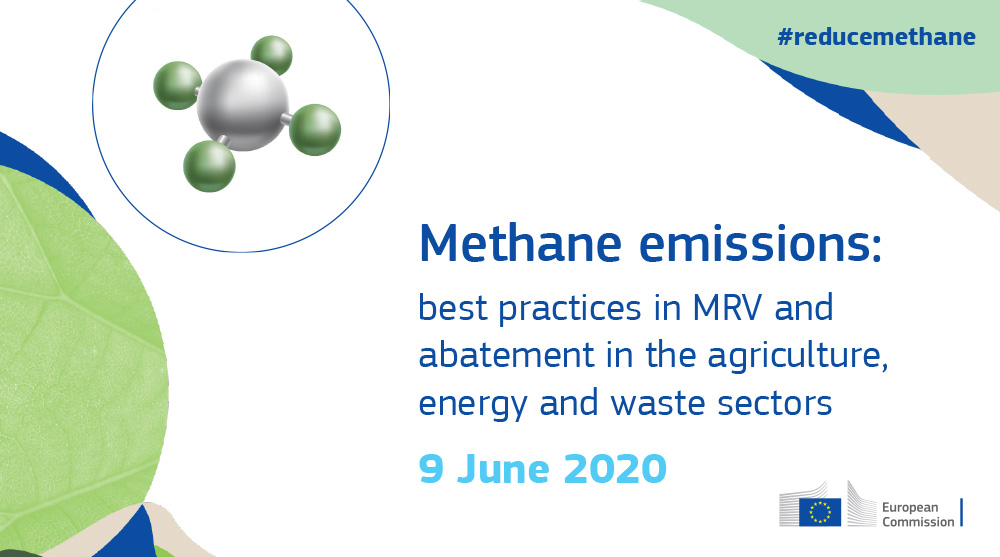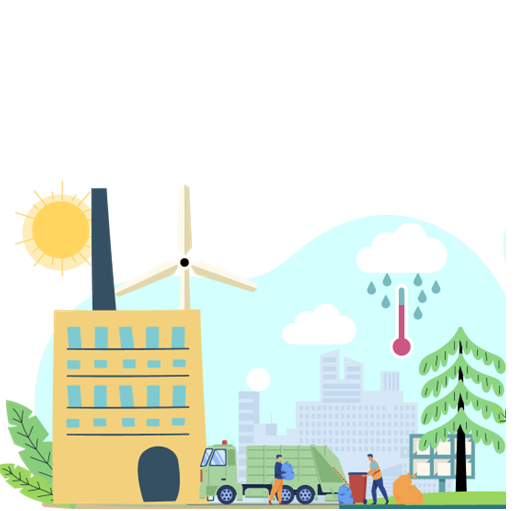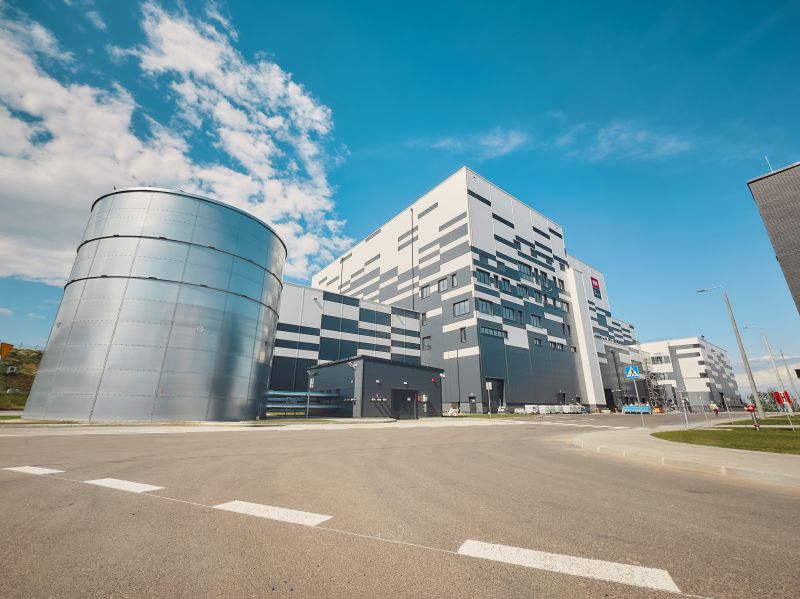How to reduce methane emissions? Notes from a successful workshop
On June 9, 2020, Patrick Clerens - Secretary-General of ESWET - participated in the workshop “Methane emissions: best practices in MRV and abatement in the agriculture, energy and waste sectors” organised by the European Commission.

Methane is a potent greenhouse gas that poses great harm to human health and the environment. It was assessed that methane emissions could cause the warming of around 0,5 degrees by 2050. For this reason, the uptake of alternatives to reduce and even avoid methane emissions are increasingly important.
The workshop was a useful opportunity to get together stakeholders coming from different sectors. Best practices to reduce methane emissions in agriculture, energy and waste sectors were shared and discussed.
ESWET presented a case study focused on Germany waste management, describing how the country reduced its number of landfills from 50.000 in the 1970s to around 300 today. As a result, the methane emissions generated by waste were dramatically reduced.
By being the best alternative to landfilling for the treatment of non-recyclable waste, waste-to-energy plays an important role in Germany’s waste management. Germany’s case could be an example for many others, considering that almost half of the European countries still landfill more than 40% of their municipal waste.
Other news

Why Waste-to-Energy Matters
24.06.2025Beauty is in the eye of the beholder, and Johan Böni gives the ol’ saying new meaning when he describes…

Carbon removal market opens new horizons for WtE sector
04.04.2025Waste-to-Energy (WtE) is joining the carbon removal market, in a major milestone for the sector. Hafslund Oslo Celsio, one of…

EU funding supports new WtE plant in Gdańsk
04.04.2025The European Commission co-financed the construction of a cutting-edge Waste-to-Energy (WtE) facility in Gdansk. Started in 2020, was inaugurated on…